
Major Depressive Disorder
Latest News
Latest Videos

Podcasts
CME Content
More News
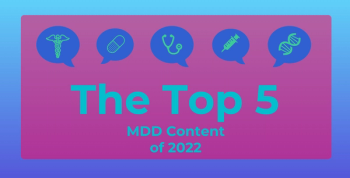
The top 5 most-read articles on major depressive disorder (MDD) in 2022 discussed US treatment updates, drug assistance in talk therapy, further exploration of transcranial magnetic stimulation’s capabilities, and screening improvements and outcomes.

Having lower levels of a personality traits know as personal reserve was linked with an increased probability of sustained remission (SR) in patients with major depressive disorder.

While the combination improved multiple depression scores, patients receiving both therapies did have more adverse events than those in control groups, the meta-analysis found.

Data from the study lend support for the need for improved global health policies related to adolescent mental health, a new study finds.
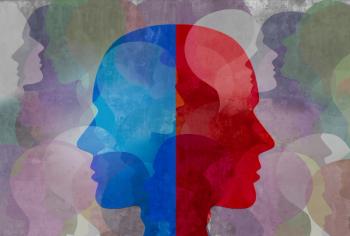
The changing landscape of health care during COVID-19 placed focus on increasing accessibility to mental health resources other than the emergency department (ED), with potential savings of over $4 billion in annual costs and improvements in patient outcomes.

According to new research, treating depression in older adults could decrease risk of dementia by 51%.

Stemming from recent data on a potential link between major depressive disorder (MDD) and inflammation, research is starting to turn toward alternatives that can treat the disease through anti-inflammatory effects, including ketamine, cannabinoids, and psychedelics.

It is well-known that depression generally, as well as the demand for mental health care, surged because of the pandemic, but few studies have identified the percentage of individuals who experienced depression for the first time after the pandemic began, or the percentage of those with a history of depression who saw it return.

Policy reforms that expand insurance coverage may play a supporting role in discouraging smoking among adults living with mental health and/or substance use disorders.

Genetic factors previously known to predispose people to hyperopia were not risk factors for clinically significant depression in the study.
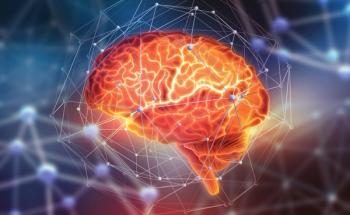
A systematic review found that changes in neural mechanisms as a result of ketamine treatment could play a role in treatment outcomes of ketamine-assisted psychotherapy.

The study found that in most cases, progression to treatment-resistant depression occurred within the first year.
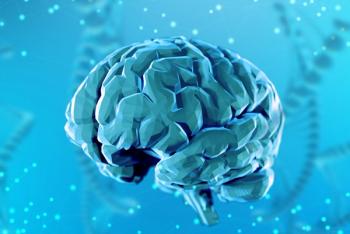
Repetitive transcranial magnetic stimulation offers an alternative solution that may be effective for treating depression in patients with adverse childhood experiences.

While links between adolescent coffee habits in adolescents and mood disorders in adulthood were not seen, researchers did find evidence for later health issues related to smoking and alcohol.
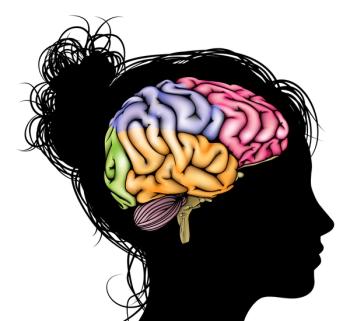
The underlying neural mechanisms identified may help clinicians better understand ketamine response in human patients.

Prior research has suggested that childhood trauma is linked with a poorer response to psychotherapy and prescription drug treatment for major depressive disorder, but a large meta-analysis suggested otherwise.

HHS declared a public health emergency in Puerto Rico due to Hurricane Fiona; nearly 1 in 10 Americans suffered from depression in 2020, and a task force recommended doctors screen all adults aged younger than 65 for anxiety; advances in cancer research have led to reduced cancer death rates.
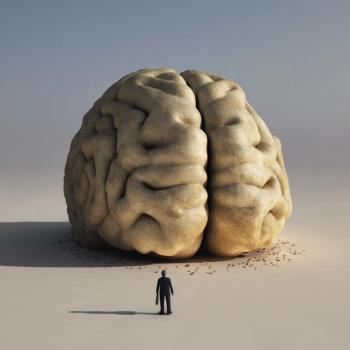
Newer therapies, such as ketamine or esketamine, or the broader use of bright light therapy, made an updated clinical practice guideline for treating major depressive disorder (MDD), but psilocybin and cannabis did not.

Nearly 30% of youths are affected with worsening mental health by the end of adolescence, with anxiety typically presenting in childhood and depression during the teenage years, but the problem is even more acute for Black and Latinx youth.

Three types of salient beliefs were investigated in this study that examined why mothers would or would not participate in depression screening via genetic salivary testing, with the results indicating potential for mental health disparities among diverse populations.

Feeling depressed, anxious, worried, stressed, or lonely was linked with a higher risk of developing long COVID and hurting the ability to function in daily life, according to a study published this week.

Groups at risk for underrecognition and undertreatment of depression had improved rates of depression screening after implementing routine adult depressions screening in primary care.

A study conducted in the Netherlands found older adults with depression were at greater risk of polypharmacy than those without depression.

This new study of data from Kaiser Permanente Southern California compared outcomes for behavioral health referrals among patients with breast cancer between those receiving a tailored intervention or an education-only approach.
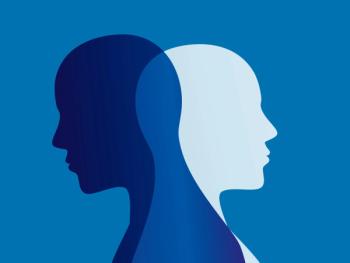
The analysis identified 4 genes that were driven by atopic dermatitis (AD) and which had significant expression changes in favor of MDD development.












